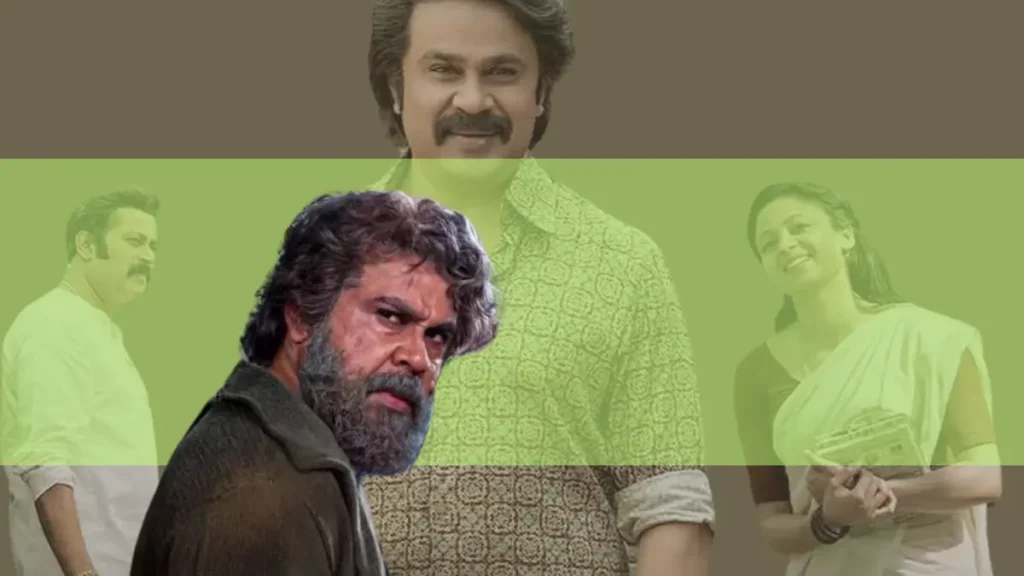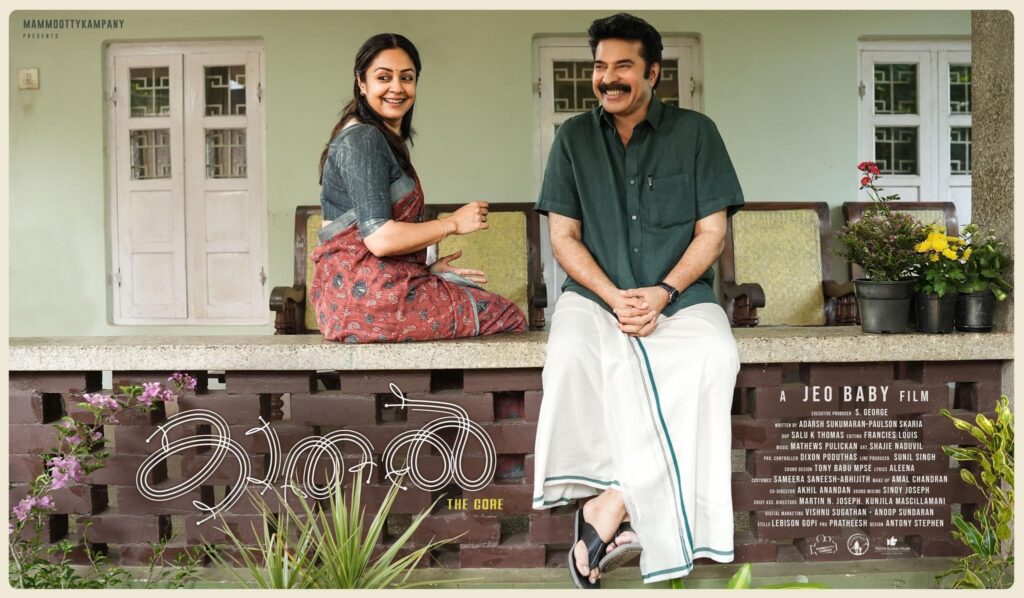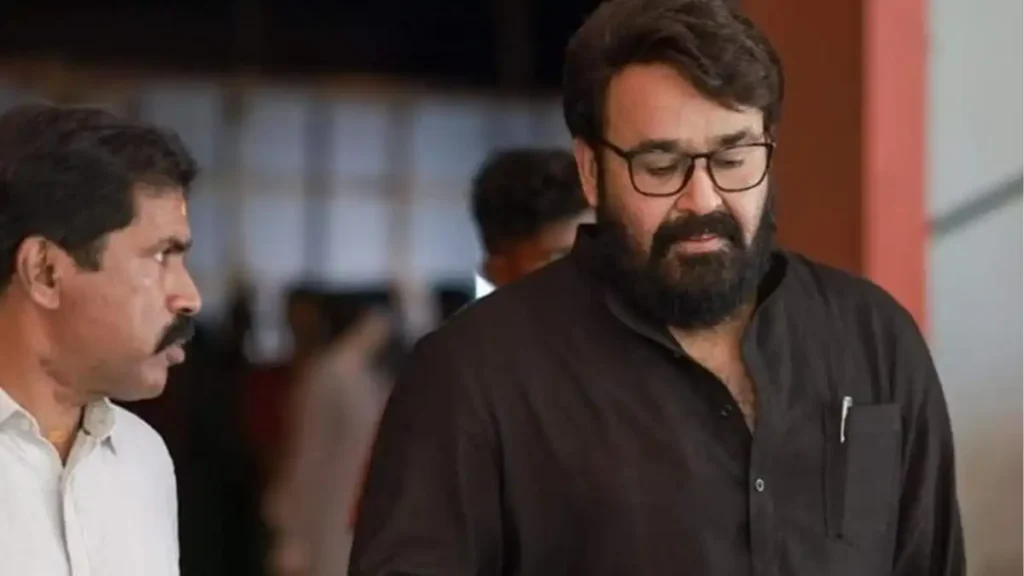After listening to the dialogues in Ratheesh Raghunandan’s second film “Thankamani,” I couldn’t help but wonder if the last hit film he watched was released over a decade ago. To call “Thankamani” outdated would be a disservice to the quality films of that era. Sadly, this melodramatic revenge drama, with its central incident of little consequence to the overall screenplay, feels like a compilation of clichés. The lack of awareness from the filmmakers about the evolving tastes of the modern audience will undoubtedly leave you facepalming throughout.
The narrative kicks off with the murder of a communist party leader in Idukki, leaving the police clueless about the motive and perpetrator. City Police Commissioner Arpitha takes charge of the investigation, uncovering clues hinting at a possible link between this murder and another incident in Thankamani back in 1986. Arpitha’s quest to unravel this connection and find the killer forms the crux of “Thankamani.”
The infamous police brutality in Thankamani from 1986, which led to the downfall of the K Karunakaran government, sets the backdrop. A glance at the trailer of “Thankamani” easily reveals its predictable screenplay structure: the Thankamani incident unfolds, innocent people suffer police brutality, and years later, one seeks revenge for their losses. Frankly, this premise falls flat. However, in the actual movie, the real event takes a backseat. Ratheesh Raghunandan introduces a separate case for the protagonist, using the Thankamani incident merely as a catalyst. To justify the title, the hero repeatedly declares, “not just my life, but the entire village.”
As for the performances, it’s hard to accept Dileep as both the young and old man, given the mediocre makeup. His attempt at portraying both swagger and emotional depth feels strained. The heroic delivery of his character’s name, “Abel Joshua Maathan,” elicited unintentional laughter due to its awkward rhythm. Neeta Pillai, a talented actress, is relegated to a crybaby role, leaving one hopeful for a more substantial, romantic portrayal in the future. Pranitha Subash’s portrayal of the investigative officer falls flat, as she injects melodrama into every scene. John Vijay embodies the typical ’80s movie villain, while Manoj K Jayan, touted as the main antagonist, receives minimal screen time. The ensemble cast delivers loud, dramatic performances reminiscent of a soap opera.
Ratheesh Raghunandan, who showcased promise with “Udal” amidst COVID limitations, falters with “Thankamani.” The generic nature of his writing is evident, with a simple screenplay structure and the pivotal event relegated to the background. The film also suffers from the unsubtle whitewashing seen in Dileep’s previous works. While the police brutality in Thankamani deserves attention, the film ends up as a feeble attempt at a tiresome revenge tale, serving as a PR platform for its leading man.
Manoj Pillai’s cinematography lacks depth, with a staged, old-school feel even in dramatic moments. Conventional close-ups make the frames unremarkable, failing to capture the scale of Thankamani’s traumatic experience effectively. The chaotic editing, particularly in action sequences, proves visually jarring. The attempted KGF-style blackout scene with Abel pulling a sheet over his jeep feels amateurish. The music and fight scenes lack the anticipated charm.
While there is merit in documenting the brutal abuse of power by the Kerala police, “Thankamani” falls short, delivering a mundane melodrama that seems more concerned with boosting its star’s image. For a gripping insight into the Thankamani incident, Babu Ramachandran’s “Vallathoru Kadha” episode proves more engaging than this film. If you seek a fictionalized, melodramatic take akin to a soap opera, then this Dileep starrer might suffice.



